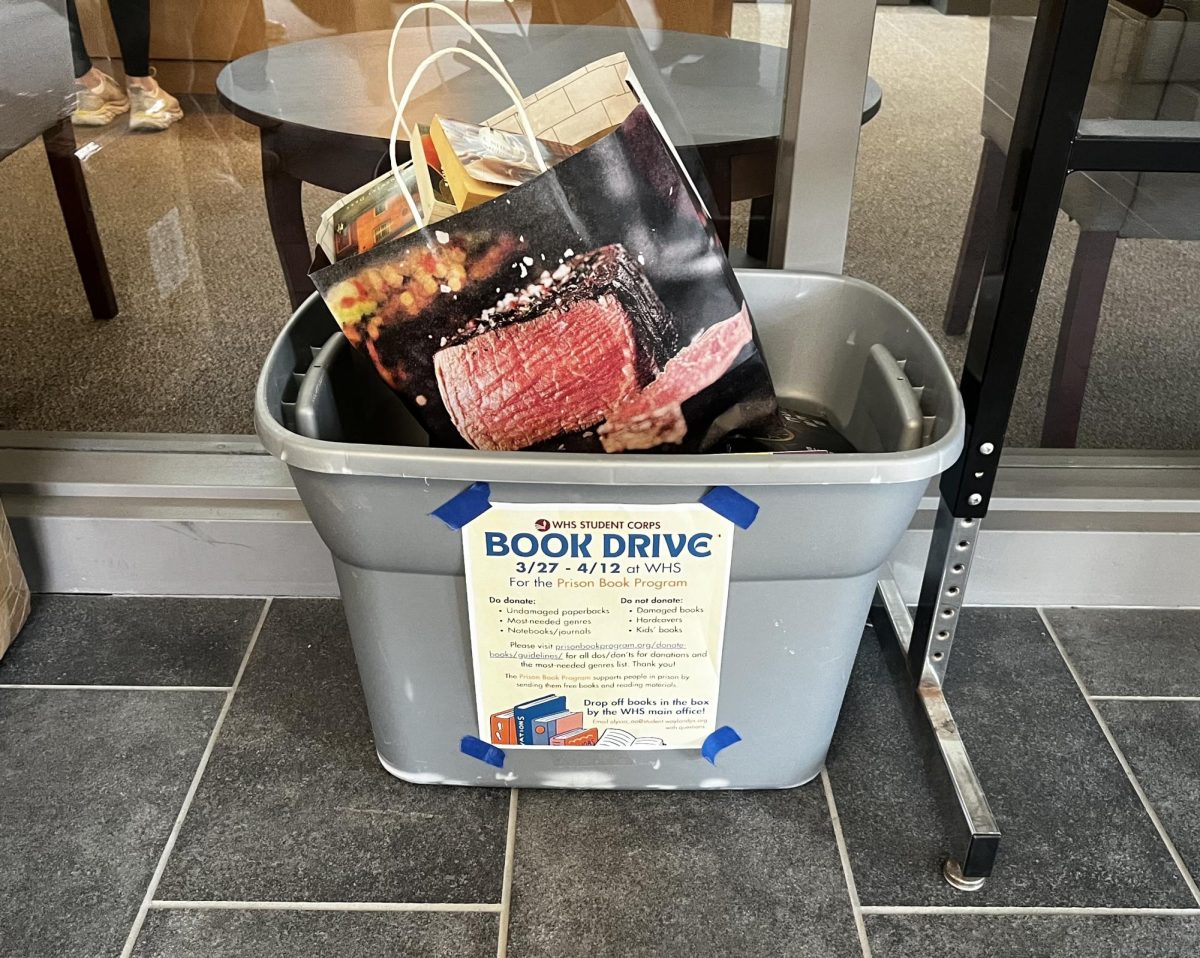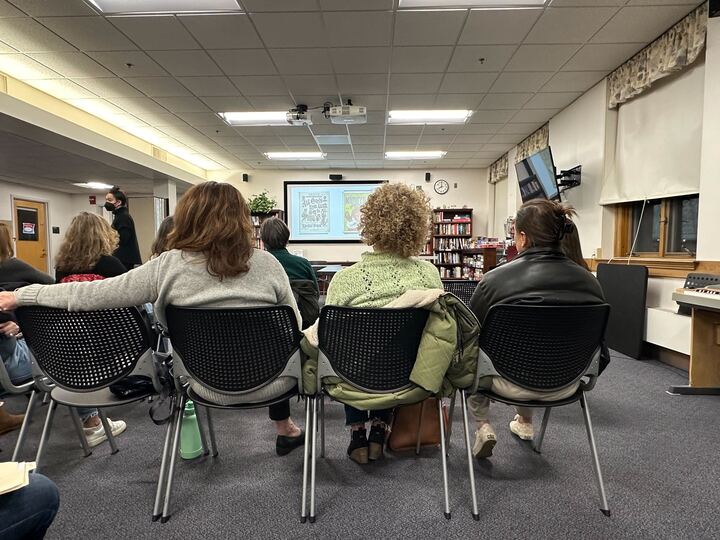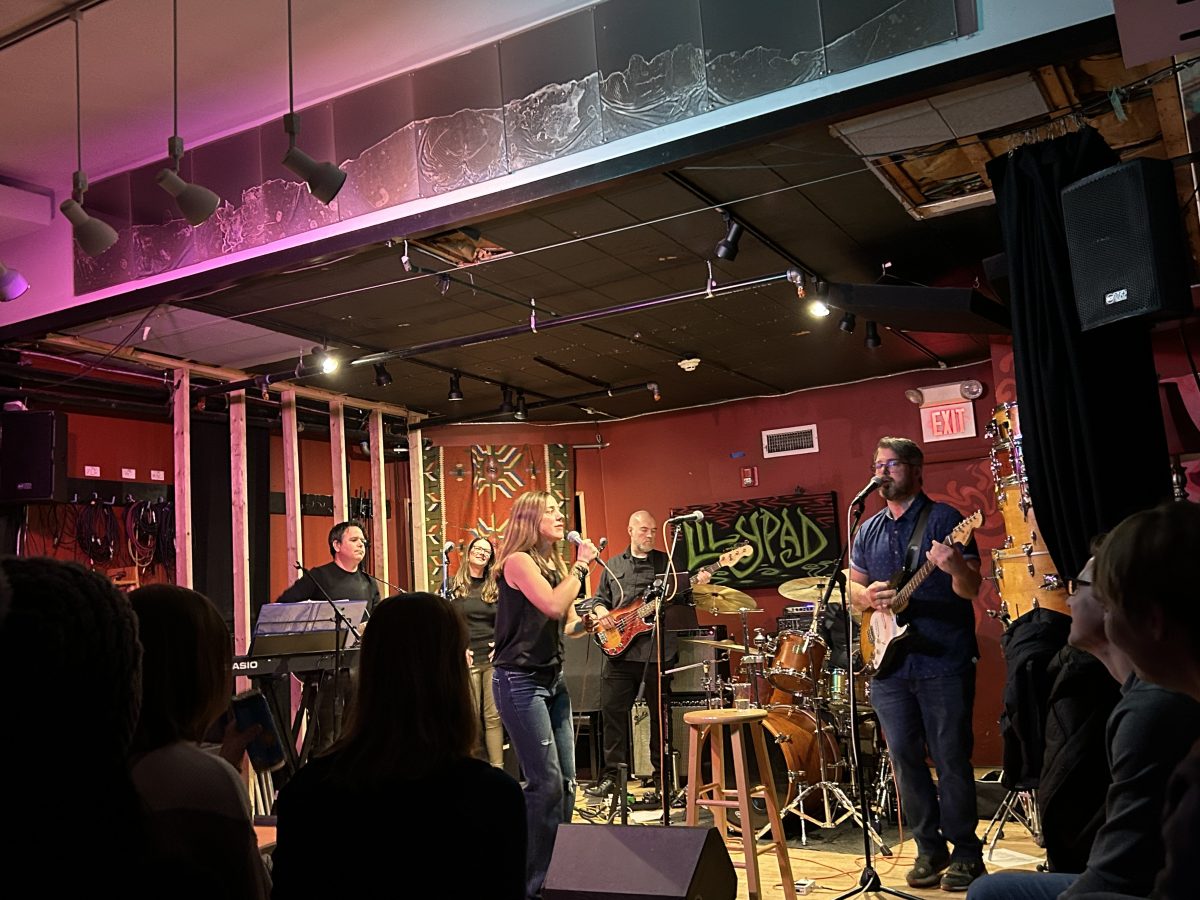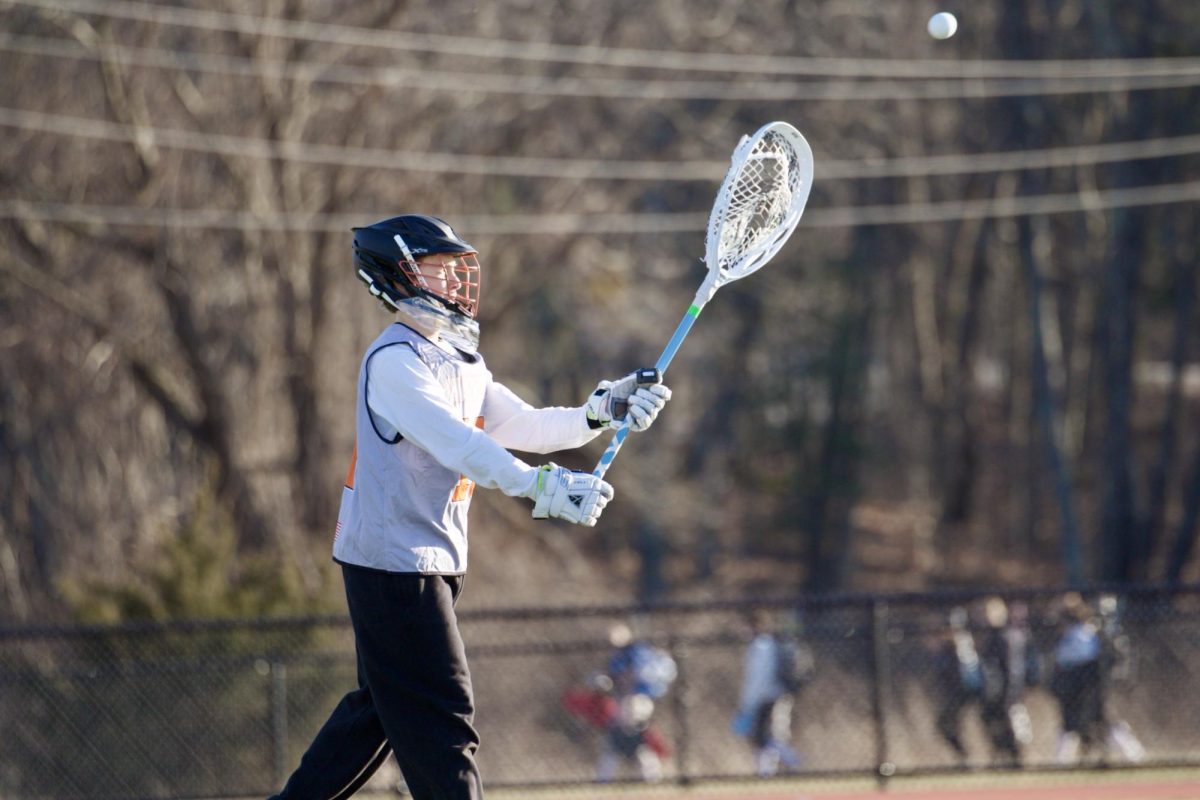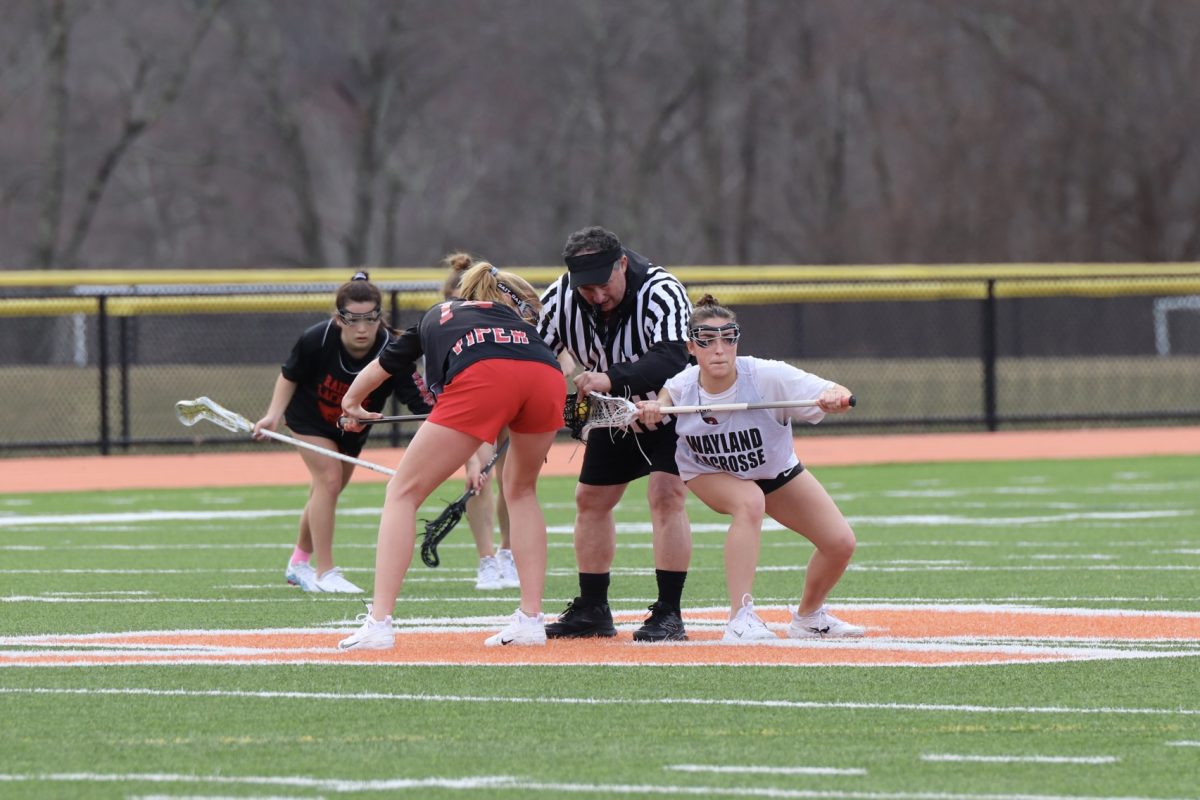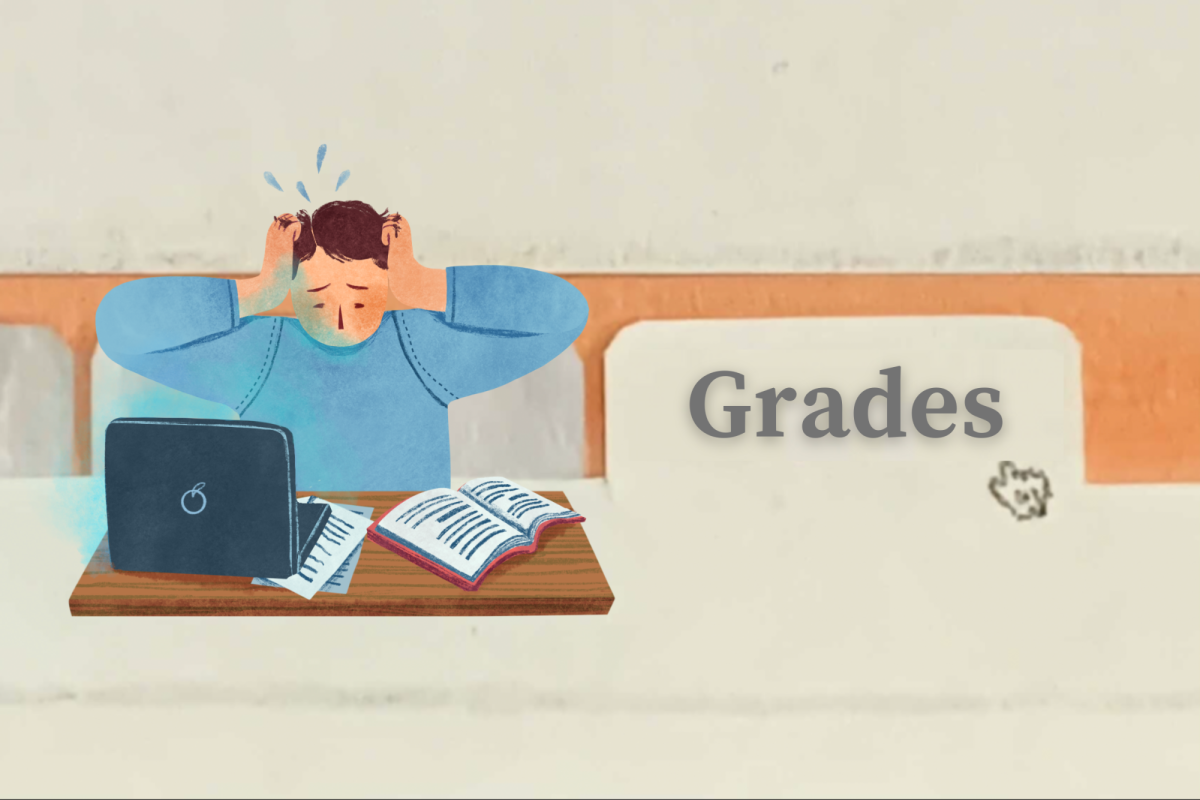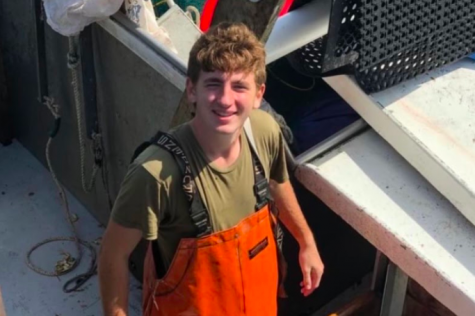How requirements for WHS a cappella singers changed
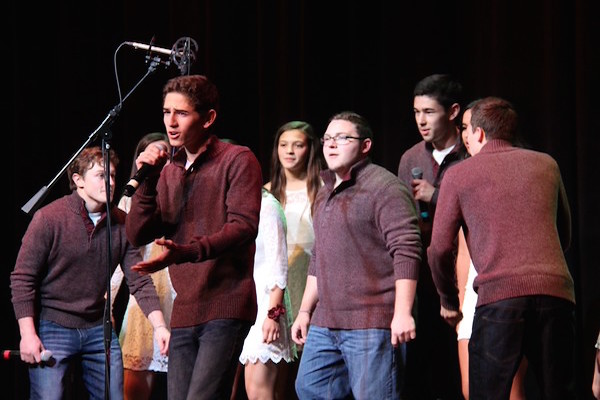
Credit: Natalie Hsu
Above is WHS’s Madrigals. This year, requirements have changed for members of a cappella groups.
October 24, 2016
When this year’s student schedules first became available in August, many WHS students who sing in the school’s three a cappella groups noticed something that stood out when they scrolled through their new classes. For these students, a new class had appeared in their schedules, titled A Cappella.
Until this fall, it was mandatory for a cappella singers to be members of either WHS’ band, chorus, or orchestra. In February, principal Allyson Mizoguchi said that the fine arts department set the requirement because students needed a “foundation of skill” in order to perform their best in the vocal ensembles.
This past spring, many of the groups’ student directors began to voice dissatisfaction with the policy. Their dissent led to a series of meetings with chorus director Rachel Carroll and fine arts department head Susan Memoli in order to arrive at a solution.
“We brought forward our concerns, acting as the voice for many members of a cappella, or those trying out who didn’t have the time or wish to try out for a cappella if it meant taking a fine arts class,” said senior Sophia Calder, who is co-director of the all-female group the Muses.
During these meetings, the idea of offering a course for students who participate in a cappella groups began to take shape.
“It was actually a student suggestion that we instead try to implement a course that’s more useful for the a cappella students, targeted at the skills that they needed,” Memoli said.
Most meetings involved Carroll, Memoli, and various student directors of the Muses, the all-male Testostertones, and the coed Madrigals. Both students and teachers went into the discussions intending to meet in the middle.
“I think that everyone was glad to sit down and talk, listen and be listened to, and make arrangements with as much input as possible,” Calder said.
Carroll teaches the new a cappella course, which covers stage presence, sight reading, rehearsal skills and creating arrangements. Students spend most of their class time arranging and rehearsing songs and solos and improving their individual singing skills.
According to Memoli, the course is “strongly recommended” for a cappella students, but not mandatory.
“[In the meetings, we were] trying to find a venue that would enhance. Rather than feeling like it was a requirement or a punitive thing, it felt like it was helpful,” Memoli said. “Hopefully [students in a cappella groups] are feeling like they are included in the process and that this is something they can take ownership of.”
Calder agreed with Memoli that the new class will help a cappella groups perform better.
“The class gives everyone a little time in school to improve on whatever needs to be improved upon,” Calder said.
So far, it appears that with the new course running smoothly, WHS’ a cappella groups will be able to do just that.



